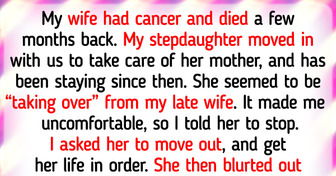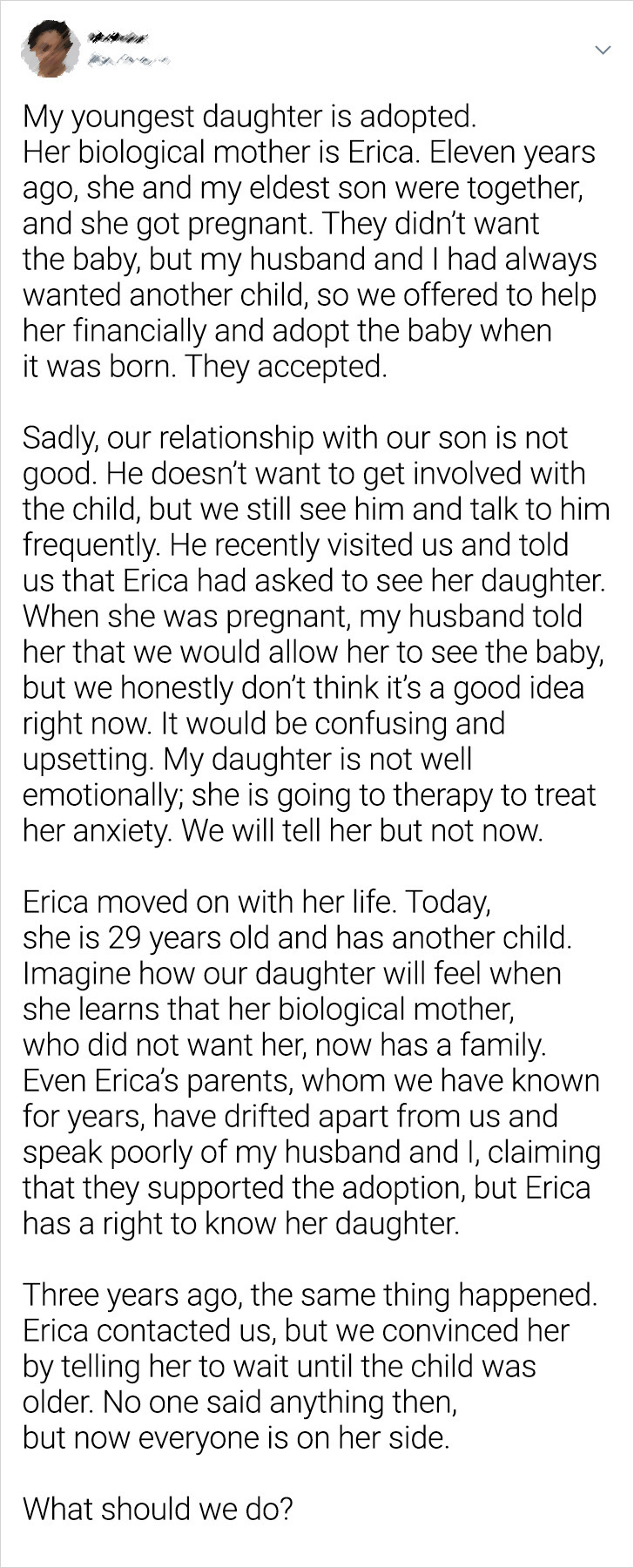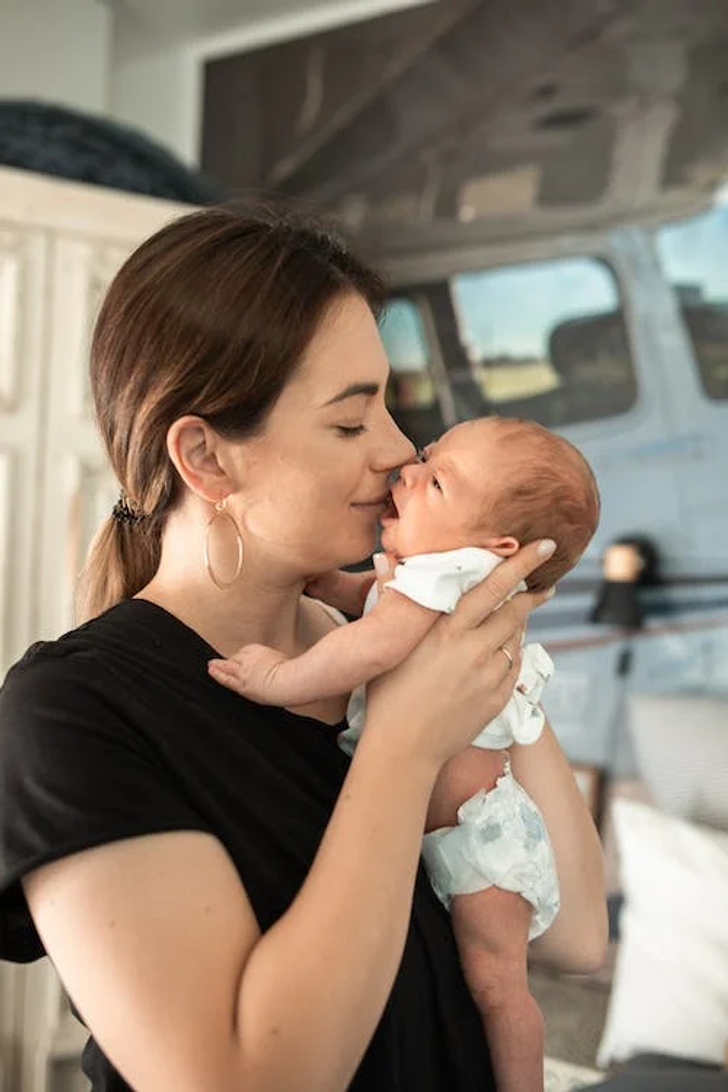*knew (not “new”) I was adopted
I Adopted My Granddaughter and Refuse to Let Her Biological Mother Meet Her
Thanks to adoption, many grownups can realize their dream of becoming parents, and children can find good families to care for them and give them love. The protagonist of today’s story and her husband had been looking for another child for a long time, but the long-awaited pregnancy never came. Life takes many turns, and sometimes our wishes come true in the least expected or traditional ways. That’s how they ended up becoming parents to their granddaughter, although they now face a big family dilemma.
At Bright Side, we did some research and would like to share with you the most important details that professionals recommend in such cases:
- The first thing is to try and talk assertively with all those involved. The objective is to reach an agreement, always and above all seeking the welfare of the child.
- On the other hand, when your ex-daughter-in-law became pregnant, both she and your son were still teenagers and were not ready to be parents, so they agreed to the adoption. But their current reality is different. They are now adults and may see the whole situation in a different way. It would be useful to find out their long-term intentions beyond “visiting” or “meeting” the child.
- We understand your fear of telling your daughter that she is adopted. We know you want to protect her, but considering that there are many people involved, you should talk to her about it before anyone else does. If she finds out from another person, the consequences may be greater, even causing her to develop negative feelings toward both her birth parents and you.
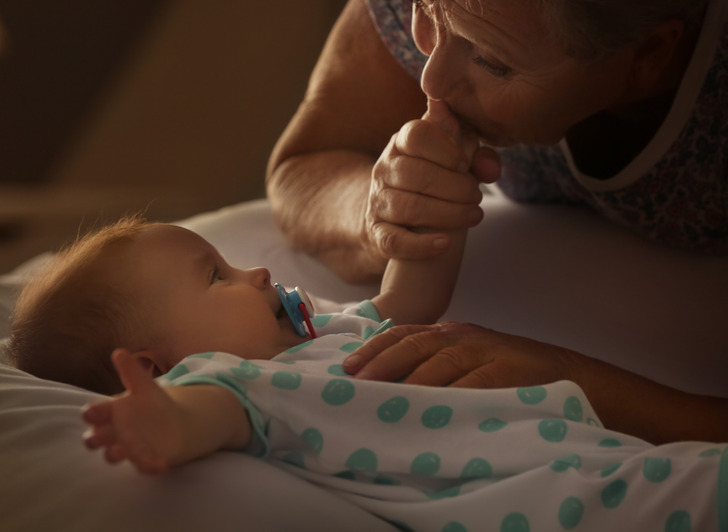
- While we do not know the reasons for your daughter’s current emotional problems, we can assume that it is not uncommon for adopted children to develop some kind of trauma associated with being disconnected from their mothers, even if they were adopted as infants. During the nine months inside their mother’s womb, children already begin to connect and bond with her. Separation at birth can leave emotional scars. Being aware of the situation and being able to talk about it freely will go a long way in helping the child get through the moment.
- Although your daughter probably bears a physical resemblance to you, her adoptive parents, since she is your own son’s biological daughter, this may not be enough to keep her from internally suspecting that something strange is going on. Perhaps the age difference between you and the other parents, or simply hearing comments from other children or people close to you, may cause her to become confused and ask a lot of questions.
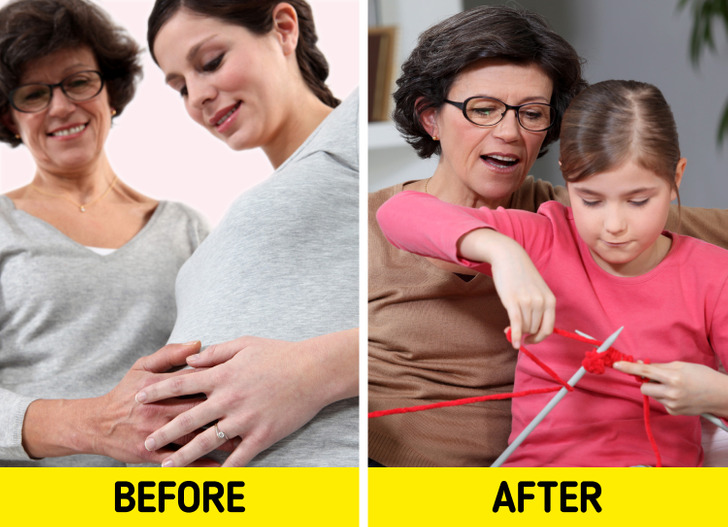
For children to understand and assimilate adoption in a natural way, professionals recommend starting to talk to them around the ages of 5 or 6. Thereafter, as questions arise, they should be addressed honestly and always with age-appropriate answers. These are some of the reasons for why it is so important and positive for them to know about the situation:
- Children have a right to know their life stories. Hiding this from them can deprive them of part of their own identity and genetic, social, and ethnic information about themselves.
- Children need to feel that they have a family they can trust and lean on. If their own family lies to them or withholds information from them, it can make them feel lonely and uncomprehended.
- Addressing the subject naturally is essential for their emotional development. They need to be able to understand and express what they think and feel while receiving empathy and affection from the people closest to them.
This story delves into the heart-wrenching complexities of adopting a grandchild, revealing the profound emotions that come with it. Amidst this unique family challenge, professional guidance emphasizes the power of open, empathetic communication, all with the sole purpose of ensuring the child’s profound happiness.
Comments
*no secrets (not “not secrets”)
Related Reads
20 Photos That Show Every Family Has a Derp Side
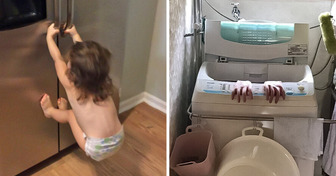
20+ People Who Just Went on Vacation but Now Can’t Stop Talking About What Happened There

20 Boyfriend Fails That Can Make Any Girl Grit Her Teeth

14 People That Started the New Year in the Coolest Way Possible
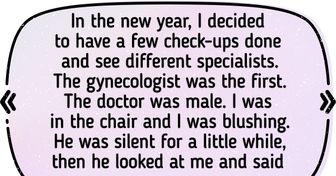
What Disney Princesses Should Have Really Looked Like

17 Wonders That Are More Unlikely Than Seeing a Unicorn
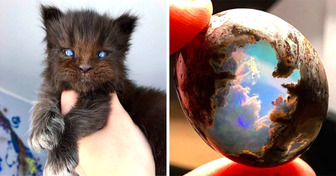
15 Inimitable Children That Speak Better Than Some Adults
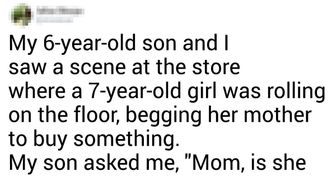
12 Big Purchases That Led to Unexpected Consequences

10 Thanksgiving Disasters That Turned Family Feasts Into Total Chaos

I Refused to Let a Family Tragedy Ruin My Christmas

12 True Stories That Get Creepier the More You Read

I Kicked My Stepdaughter Out — Her Behavior Was Turning Creepy
